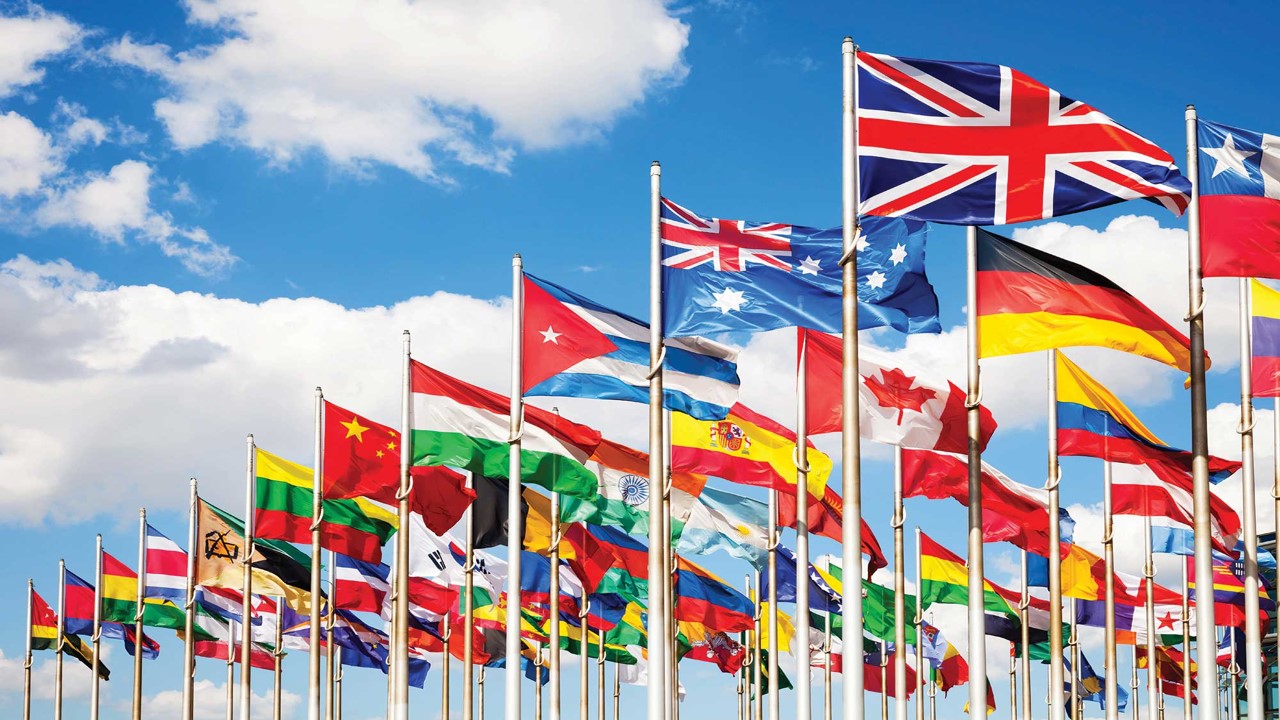THE PRICE OF DOLLAR FLUCTUATION MAY IMPACT SOME GROWING ECONOMY
Today, when the whole world’s currency reveals Pia benefits to the developed nation, but the same benefits the development to the Nation. Perhaps this is why a single economy increases with the plus vibration of currency but on the other hand it is below the economy Here we have to understand that if the dollar fluctuates, then along with the export and import of that country, its A If there is a lot of economy in any country, then it will be very cheap to export it to the country. It will export goods inexpensively but at the same time also understand what things are going on in his country. It was necessary things and if that country is ready to export it very cheap, then the country’s economy will never be able to grow it forward. You can also understand that if there is an economy, and one commodity is very much in the economy, but that country.
The second most important thing is that the foreign reserve money of any country reflects the economic stability of that country. If a country has foreign reserve money more then it will be quite stable in the case of the country and all other countries. In this way you can understand that today China has the most foreign reserve money police outpost country, what will it be, then to understand it, you want to understand this What is going on when looking at the whole world market is trying to strike one and the road and all other sea routes are being made and this is possible because it has a lot of foreign reserves. With the help of Germany, it will be able to buy those goods from any country even if it is so great and then by using it and it will go forward and forth but now we go to that country To talk, where the quantity is very low and the country is running in depression today, like Pakistan, it will need to work very hard to strike the market forward, because it has the first foreign reserve deficit Secondly, in order to run the economy of your country, you also need to borrow from the IMF and the World Bank.



